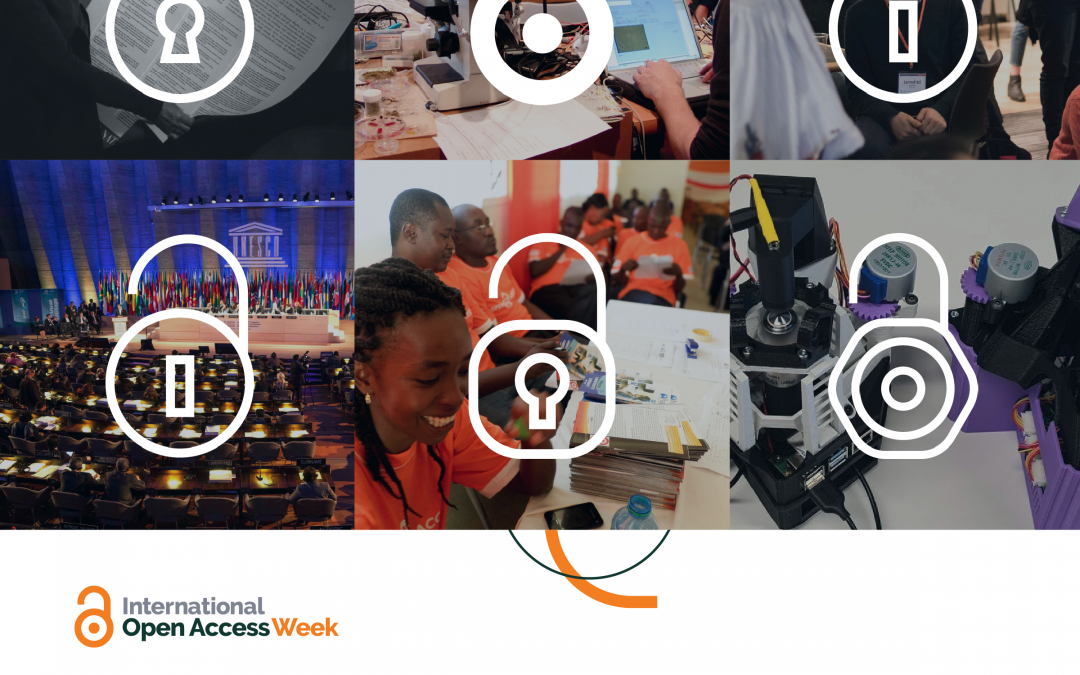
by Britt Amell | 16 November 2024 | English, Insights and Signals Reports
Items discussed in this report include an announcement from the Tri-Agency Presidents regarding an ad-hoc expert panel tasked with considering the use of genAI in the grant development and review process. This report also includes a summary of the draft guidance and a response from INKE partner, John Willinsky (founder, Public Knowledge Press).

by Britt Amell | 15 November 2024 | English, Insights and Signals Reports
This insights and signals report continues OSPO’s review of the evolving dialogue on the implications generative AI has for open scholarship / open access publishing. Specifically, it discusses: a new research project focused on generative AI and scholarly publishing; a surge in retracted articles and the crisis of trust for open access journals (DOAJ); responsible publishing; applications of FAIR in policy development and responses; responsible use of AI in research; PKP’s efforts to build trust with the introduction of The Publication Facts Label.

by Britt Amell | 14 November 2024 | English, Insights and Signals Reports
Widespread debates about the future of artificial intelligence and the need for ethical frameworks and regulatory policies to mitigate potential harms, re-ignited in 2022 by OpenAI’s first release of generative artificial intelligence (AI) system ChatGPT, continue to receive attention by scholars and media alike. This Insights and Signals Report is apart of a series that will focus on evolving discussions centered around artificial intelligence (AI), particularly generative AI (genAI) and large language models (LLMs), and the implications these may have for open access and open social scholarship. Items discussed in this report include a brief introduction to generative artificial intelligence; the artificial intelligence act passed in May 2024 by the Council of the European Union; the inclusion of artificial intelligence in Canada’s Digital Charter Implementation Act (2022); several responses to AI in Canada from scholars, journals, post-secondary institutions, scholarly associations and granting agencies, as well as some core concerns raised by these groups; and responses from INKE partners John Willinsky (Founder, Public Knowledge Project) and John Maxwell (Associate Professor of Publishing at Simon Fraser University). The report concludes with provocations to consider some discursive silences, such as perspectives on data mining as an extractive colonial practice, and Indigenous data sovereignty.

by Britt Amell | 15 October 2024 | English, Insights and Signals Reports
https://doi.org/10.25547/X4GJ-Z604 La version française est disponible ici. This Insights and Signals report was written by Brittany Amell, with thanks to Claire Duncan and Jessica Dallaire-Clark for their feedback and contributions. At a Glance Insights & Signals...

by Britt Amell | 14 June 2024 | English, Observations, Observations and Responses
https://doi.org/10.25547/19ZE-V830 Version française ici This observation was written by Caroline Winter and revised by Brittany Amell. With thanks to Elizabeth Kalbfleisch, Jessica Clark and Suzanne Beth for their feedback and contributions. At a glance: Title Review...

by Caroline Winter | 17 November 2023 | English, Observations, Observations and Responses
Research security—the ability to identify risks to research processes and outputs and take measures to mitigate them—is a longstanding concern for the research community and its stakeholders, from individuals to national governments. Although openness and collaboration are essential for advancing research, greater openness can also lead to greater risks. Securing digital data, knowledge, and other intangible outputs is especially challenging. This was made evident during the COVID-19 pandemic, when the pivot to virtual work environments and unprecedented levels of global collaboration and research sharing was accompanied by increased security threats (see “Open Scholarship and COVID-19”).






